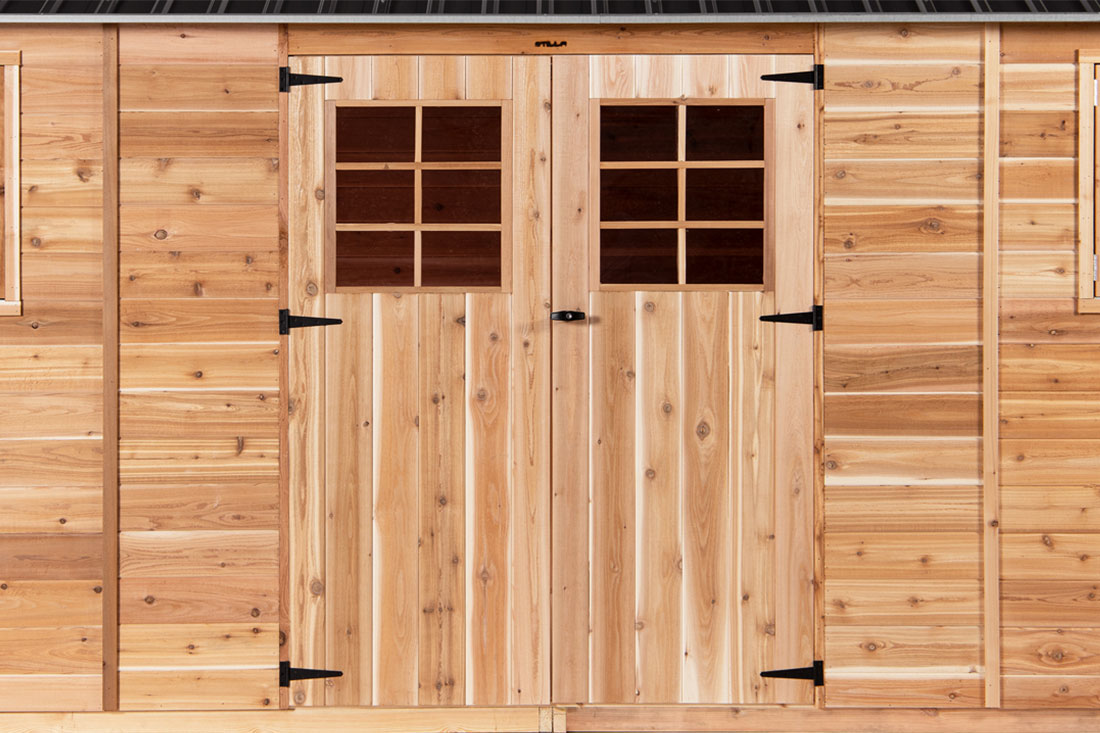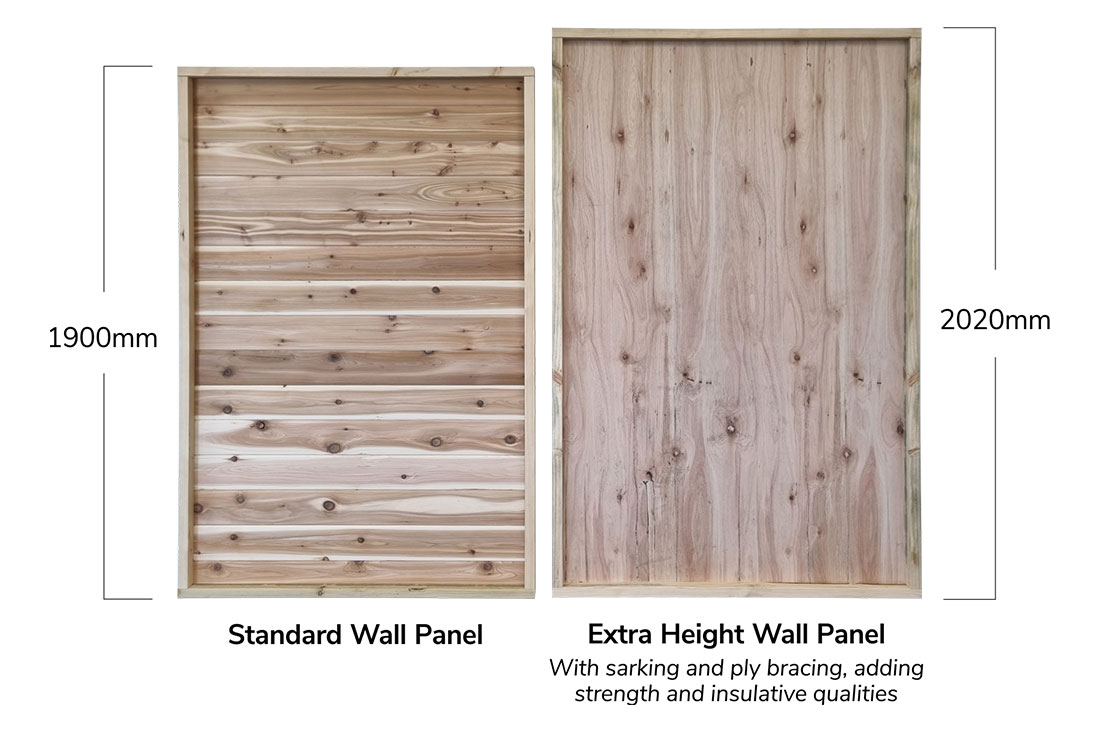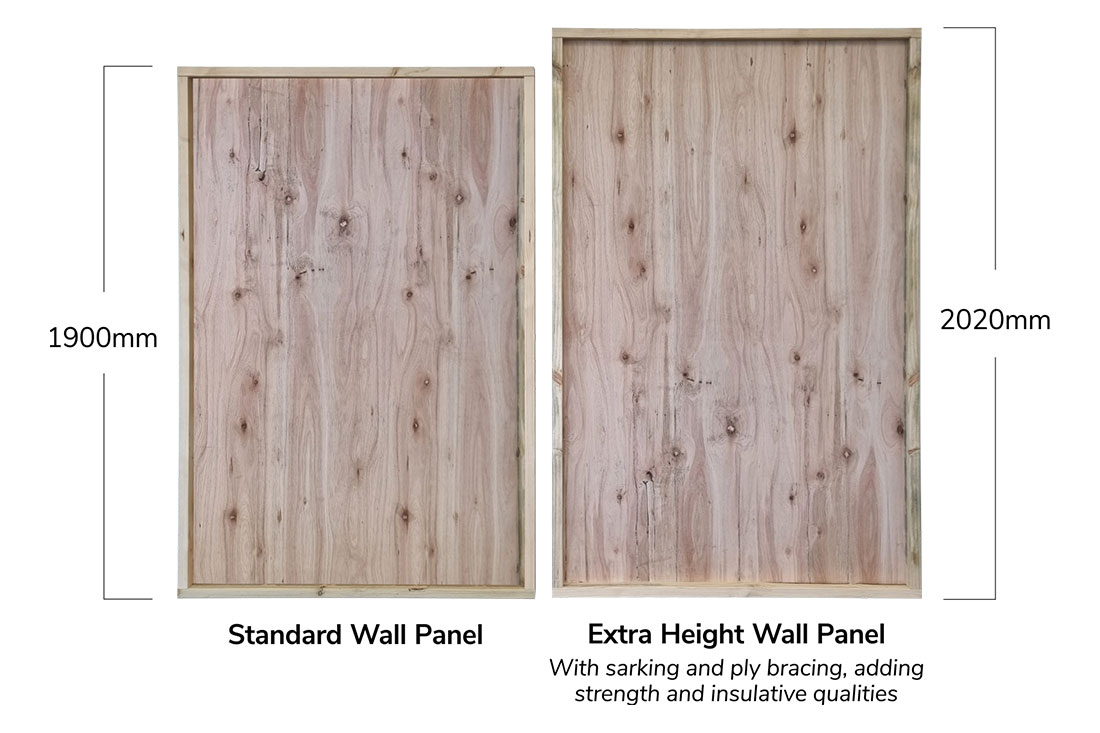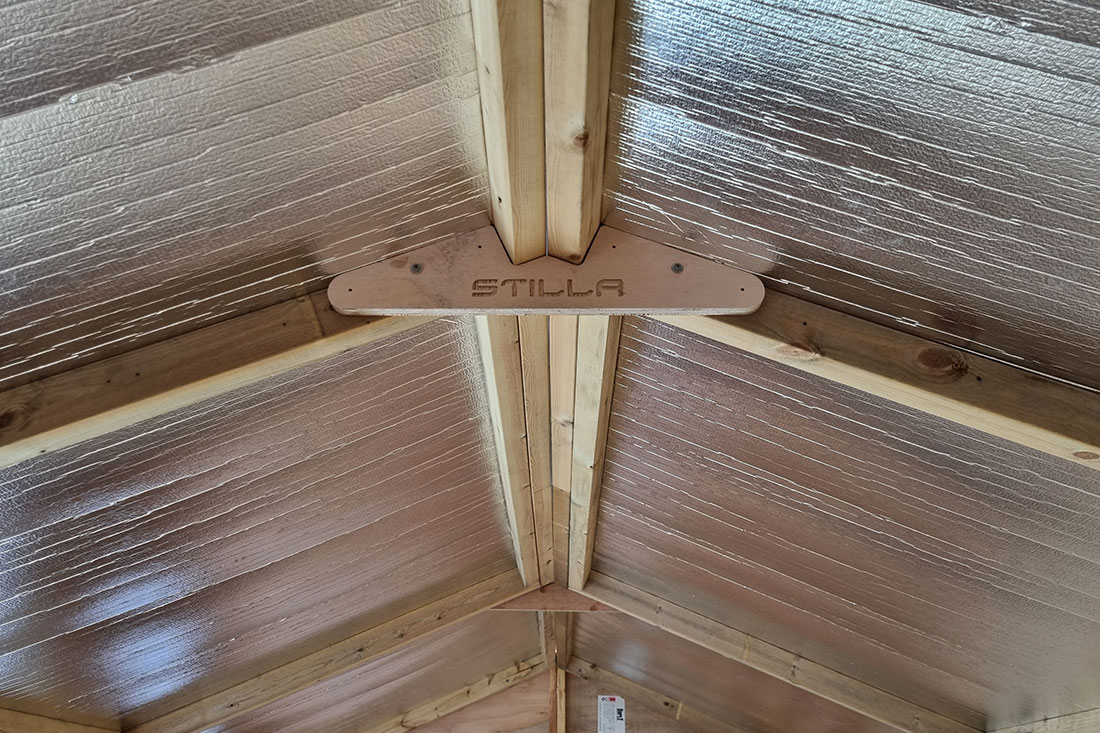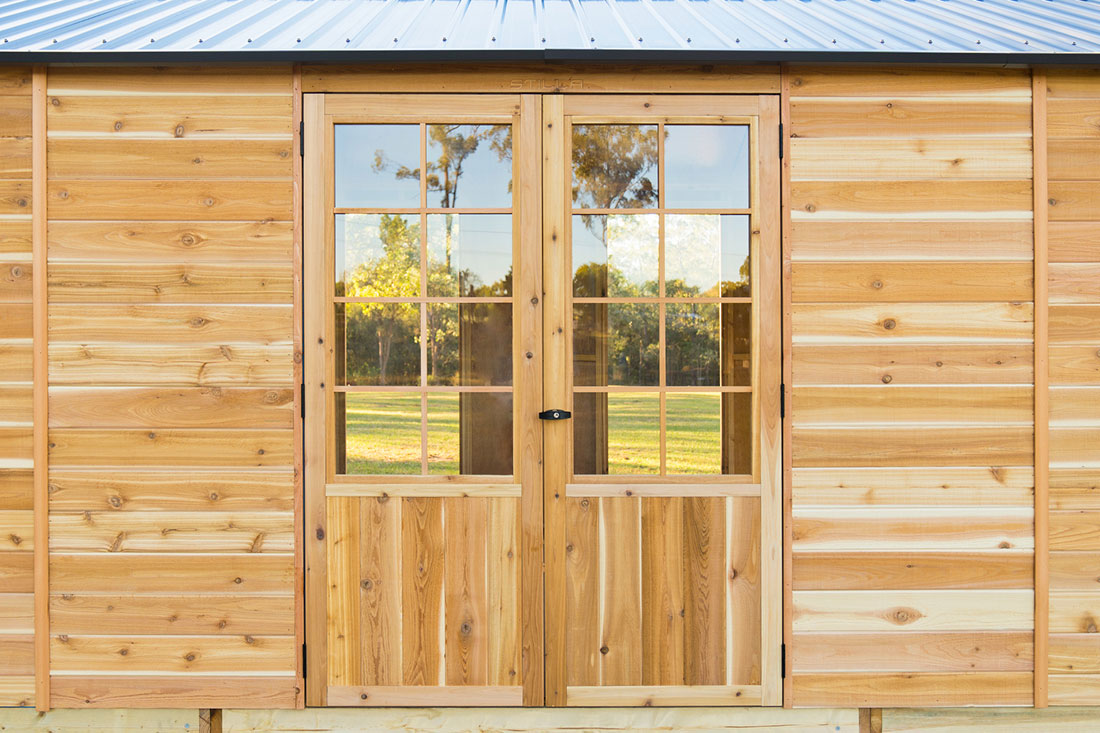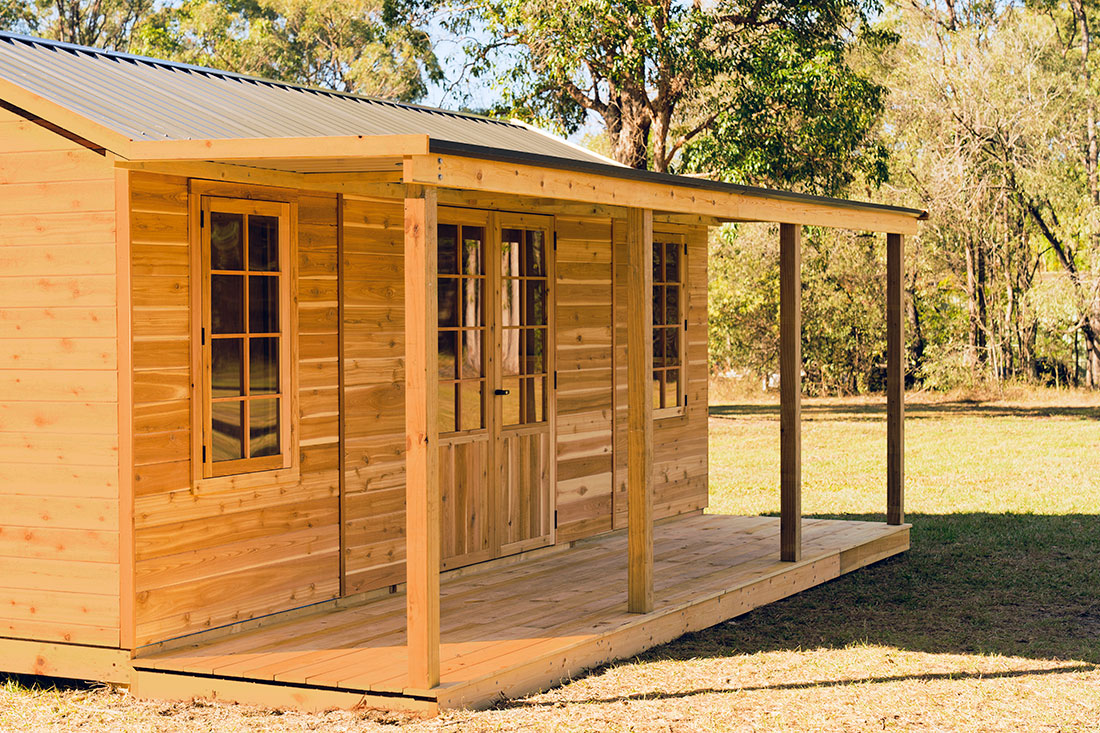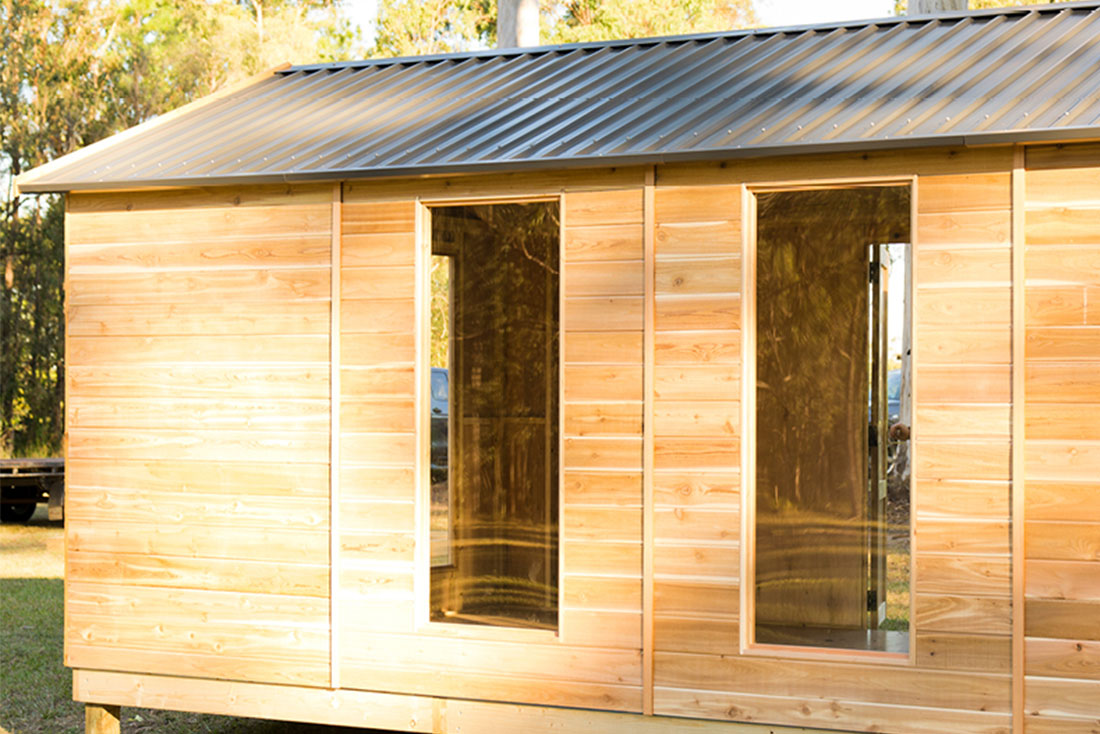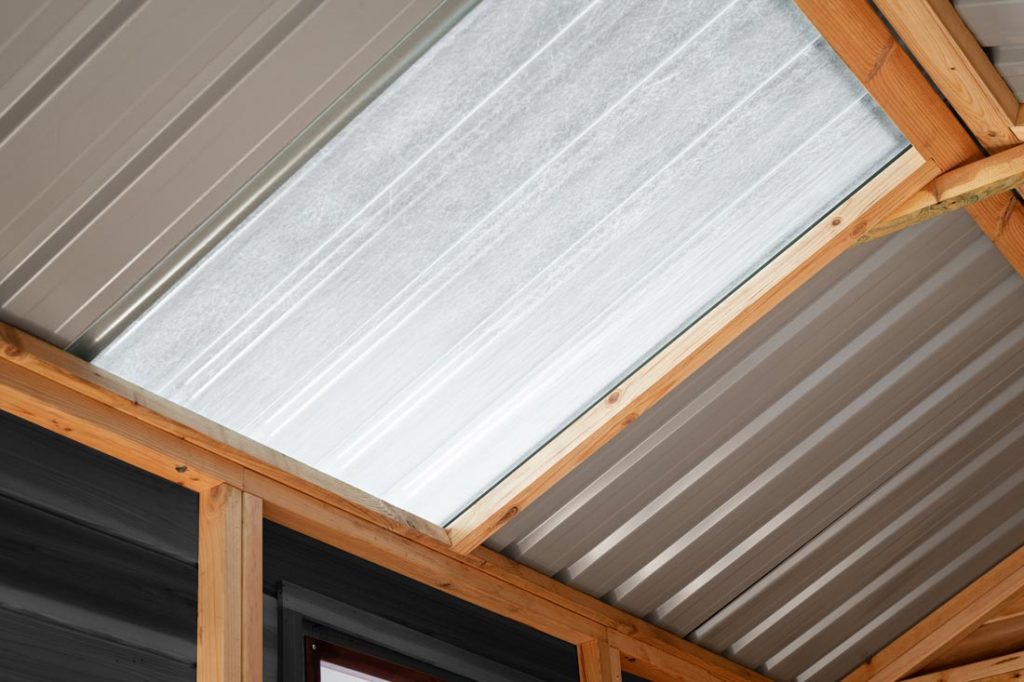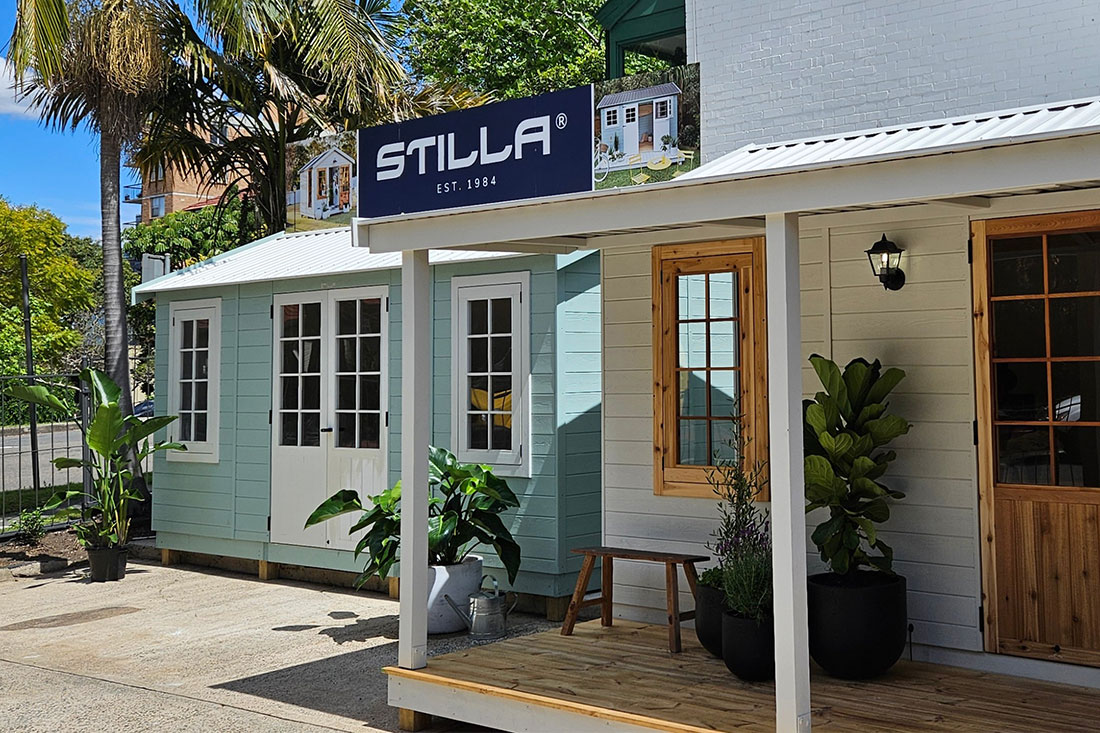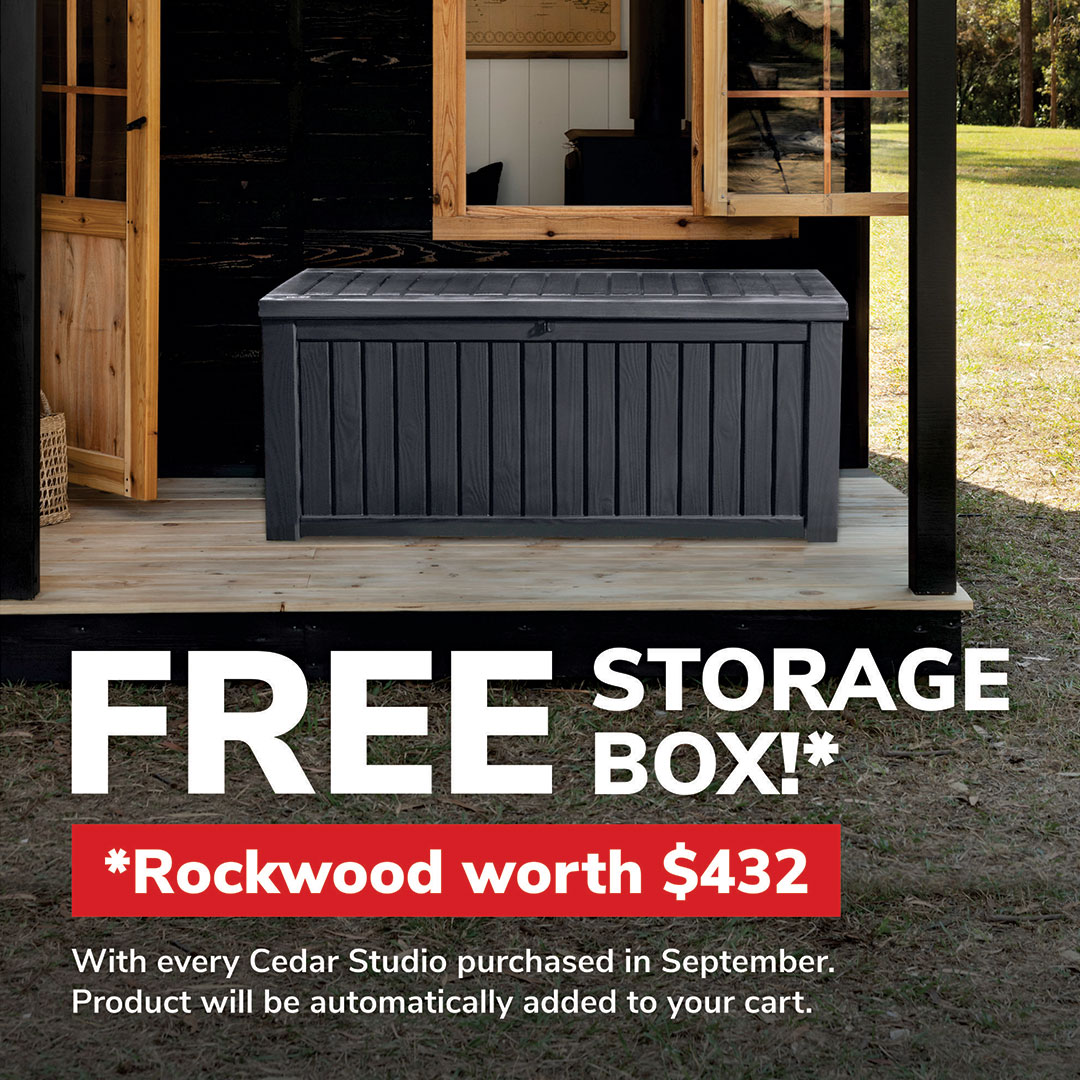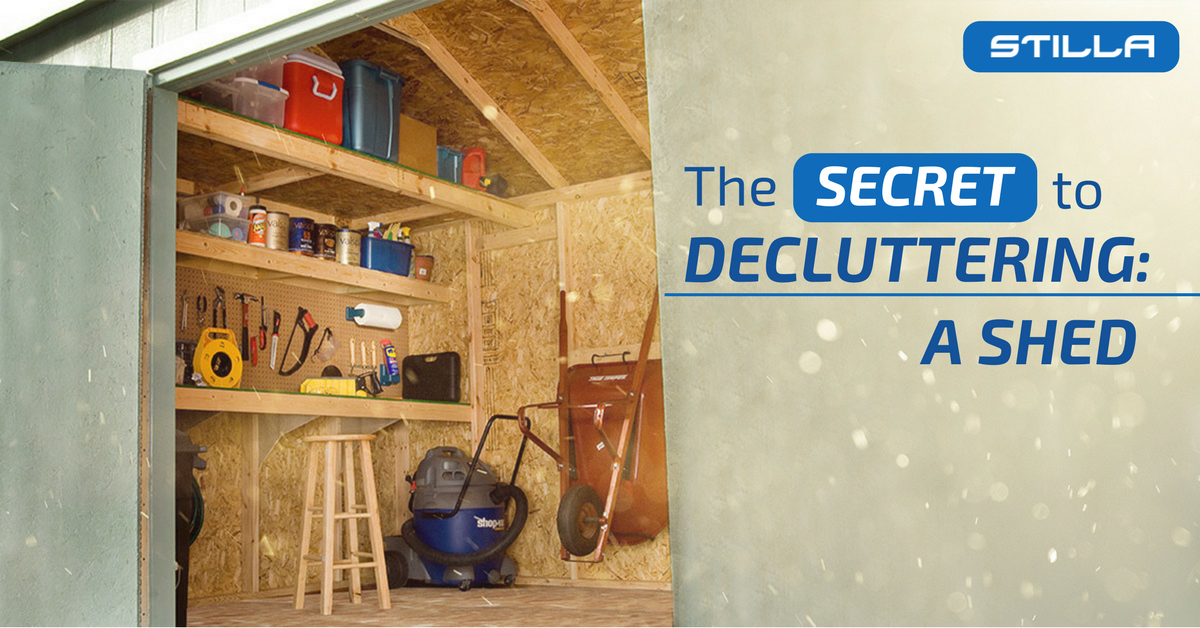
22 Jun The secret to decluttering: a shed
Most people aim to keep their homes tidy and free of unnecessary clutter. Very few manage to do so on an ongoing basis. It’s just a fact of life that we accumulate things.
If there’s a cupboard, we’ll fill it. If there’s a room we don’t use every day, we’ll still put things in it. If our wardrobes have bulkheads, stuff will just go up there.
If you have lots of drawers, we can virtually guarantee that some are just for getting things out of the way, and you don’t even know what’s in them anymore.
Having the discipline to do regular “spring cleans” is beyond most of us. We’re busy and we don’t really need to. Not to mention, it can be a lot of hard work. As a result, many of us only declutter when we move house … and even then often we just rearrange a lot of our stuff.
The answer is: get a shed
One of the best things about getting a dedicated storage shed is that it gives you the opportunity and the motivation to declutter properly.
You’re making a conscious lifestyle decision to not only reduce how much stuff you have hidden away in drawers, cupboards, and moving boxes that you haven’t even opened, but also to organise the stuff you decide to keep.
By going through this exercise in a deliberate and purposeful way, you’ll be surprised how many things you can get rid of.
Part of the secret is momentum. Previously you might have looked at one or two things and opted not to make a decision about whether to keep them or get rid of them. However, once you start making decisions, moving fairly quickly from one to the next, it does get a lot easier.
Categorise and compartmentalise
There are several reasons we hold on to things that we rarely use. There’s sentiment (it meant something once), value (you got a bargain you won’t get again), technology (there’s nothing wrong with it, apart from the fact it’s been superseded), uncertainty (not sure how to make a decision about it), and fear (what if I need that some day and I got rid of it?).
One way to handle decluttering is to get a container – for example a plastic storage tub – that has a fixed capacity, designate that as the sentimental one to hold all of your memorabilia, then reduce the amount of stuff in that category to fit into that space.
You can look at your shed as the “master” storage space and divide it into sub-spaces for the different designations, with shelves, drawers, wall hanging space, or floor space for each type of stuff.
Make some tough calls
By looking at your total amount of accumulated stuff, then dividing it into categories, then deciding on a cap on the volume of stuff in each category, you are taking a huge step to reducing your clutter.
Keep in mind that you don’t need to fill the designated container or space. You’ll probably keep collecting stuff you don’t use all the time, so having somewhere to put those things will save you having to remove something every time you add something in the future.
When you look at something ask yourself:
- How long since I’ve used this?
- How often have I used this?
- Why am I keeping this?
- What are the chances I’m going to need this in the next six months?
You can decide on your own parameters, but if you only keep things you’re likely to use in the short term, chances are you won’t miss the ones you get rid of at all.
Often, particularly when you have some things that you have a sentimental attachment to, having a friend help you can make the difference. You can let it slide or even justify keeping something when you’re only answering to yourself, but when someone else asks you “why?”, if you don’t have a good answer, turf it!
Be charitable
There are a couple of things that can make you feel even better about your decluttering exercise.
If you decide you don’t really need something that’s still in pretty good condition and possibly worth a few dollars, you can sell it on eBay or Gumtree (or have a garage sale) and come out of the decluttering process with a few dollars to spend.
At the same time, you’ll probably have at least a couple of boxes of things that aren’t worth a whole lot, but that someone else might really need or value.
Donate those things to charity and you’ll feel doubly good every time you look around and see how neat and tidy your decluttered place is.


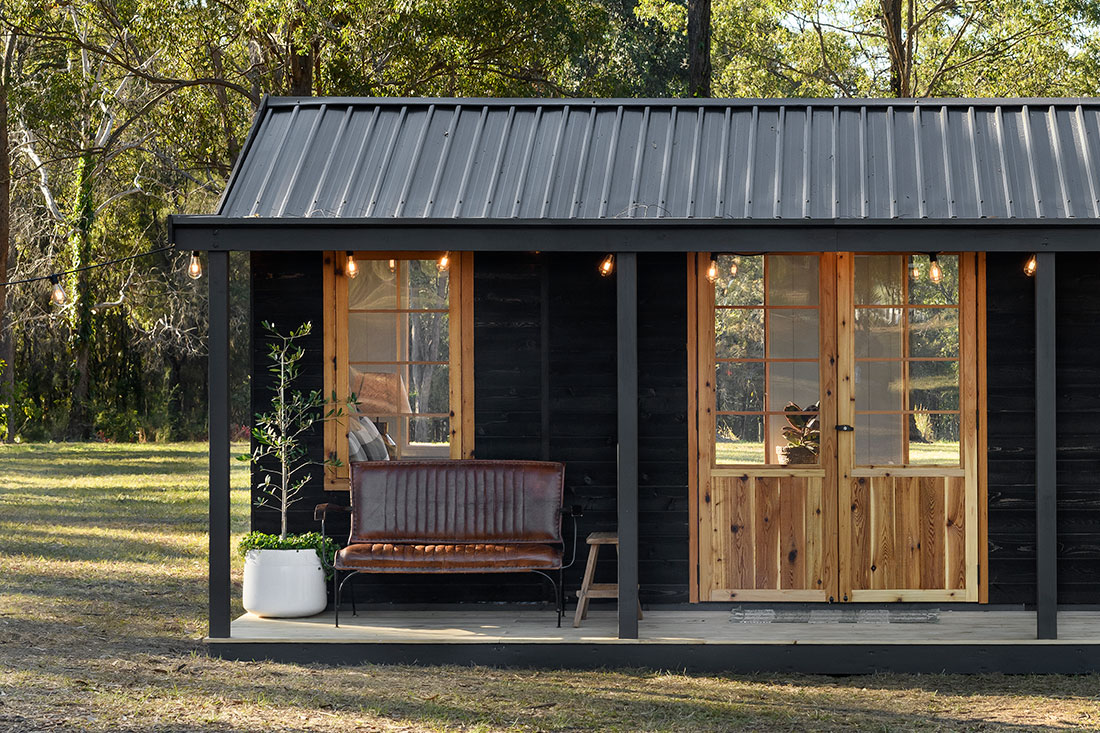
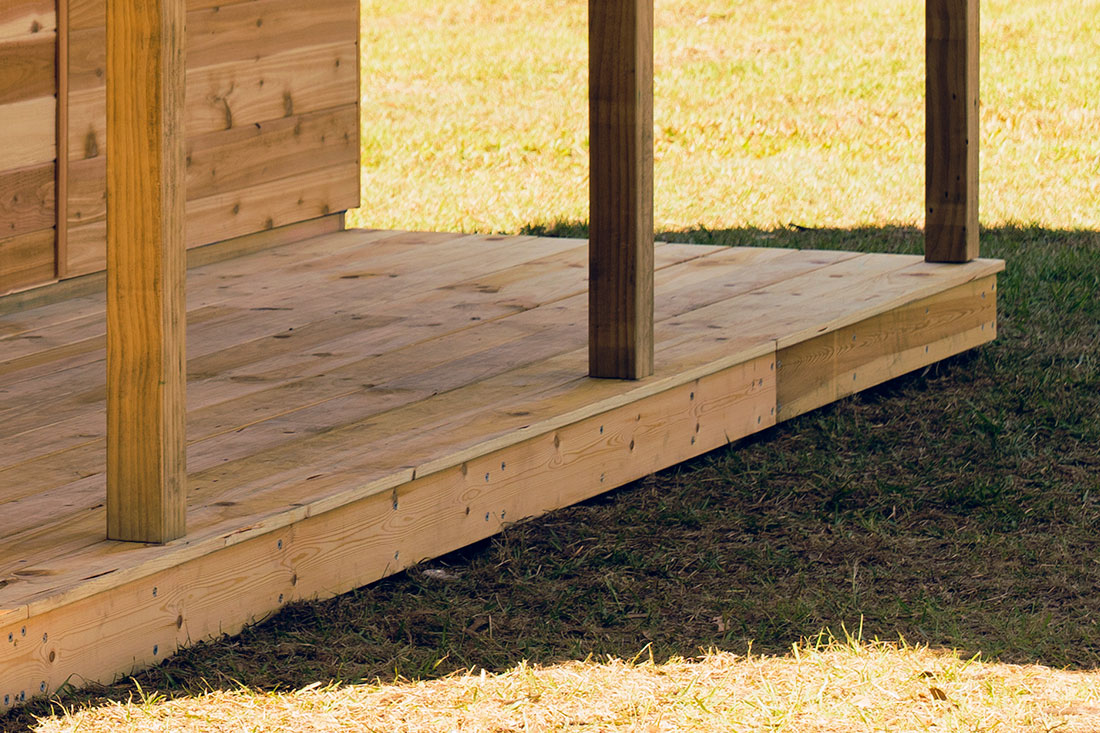
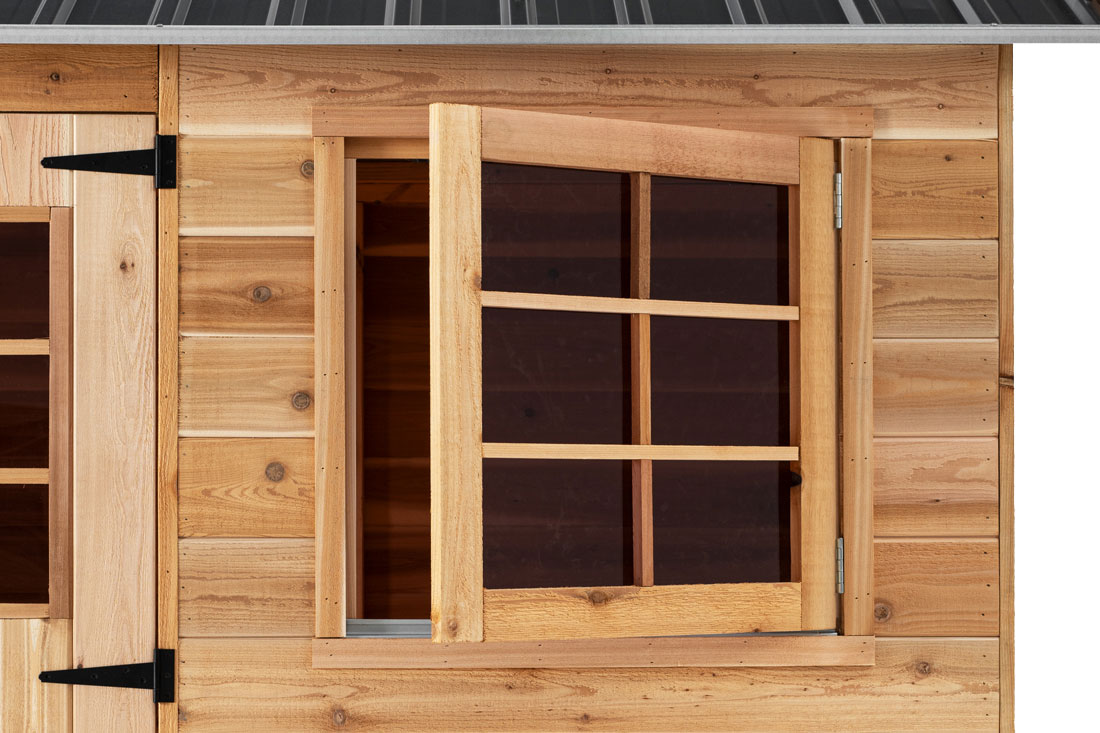
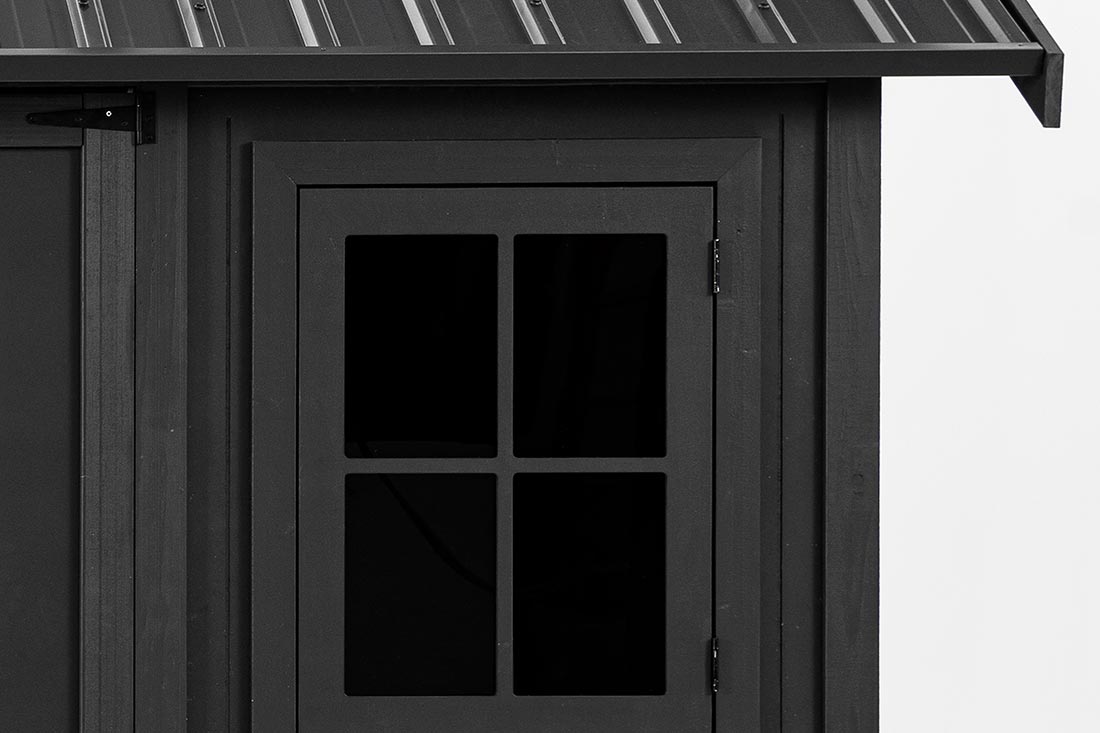
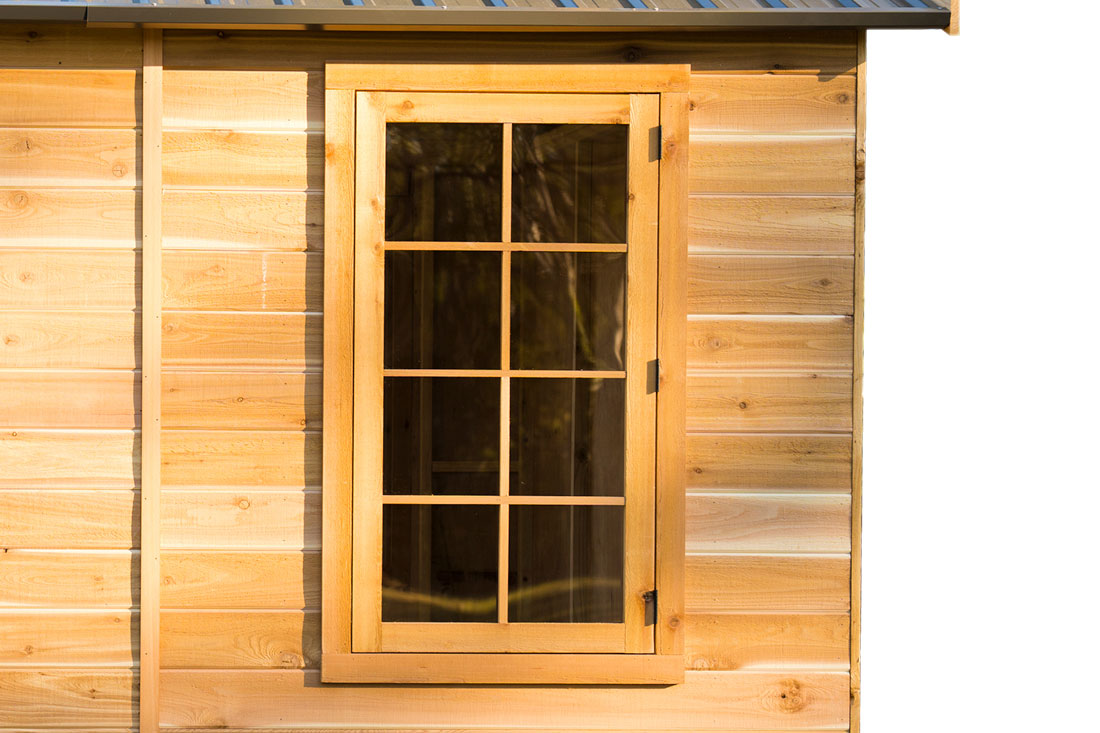
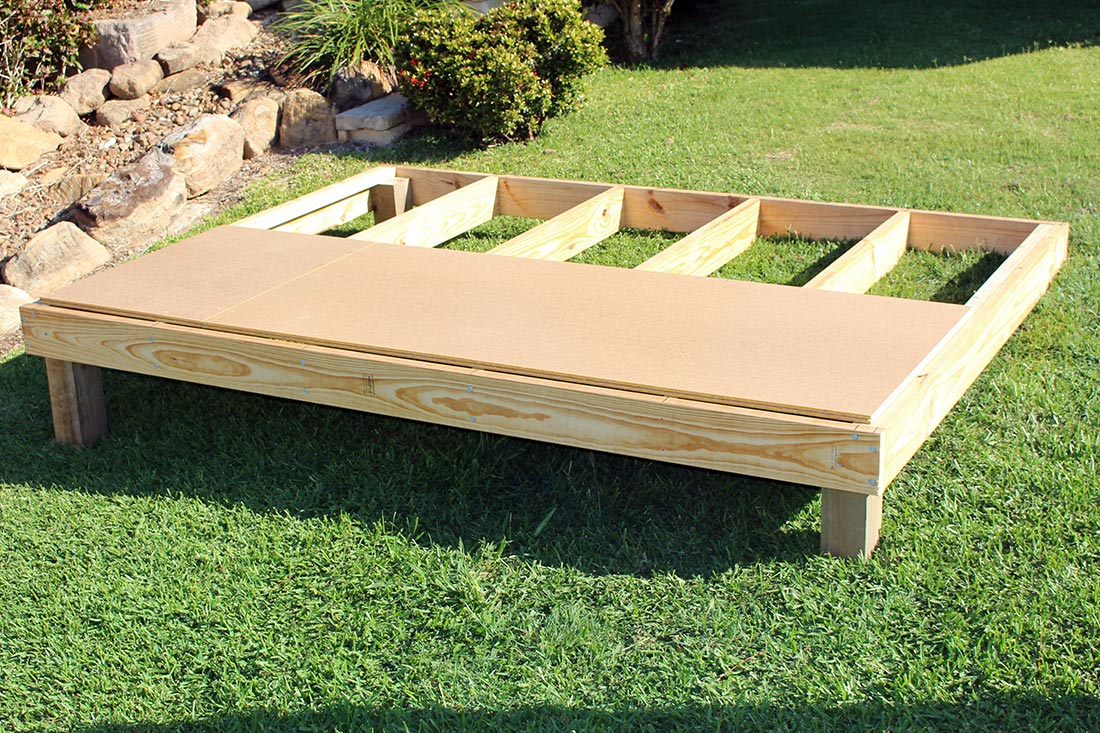
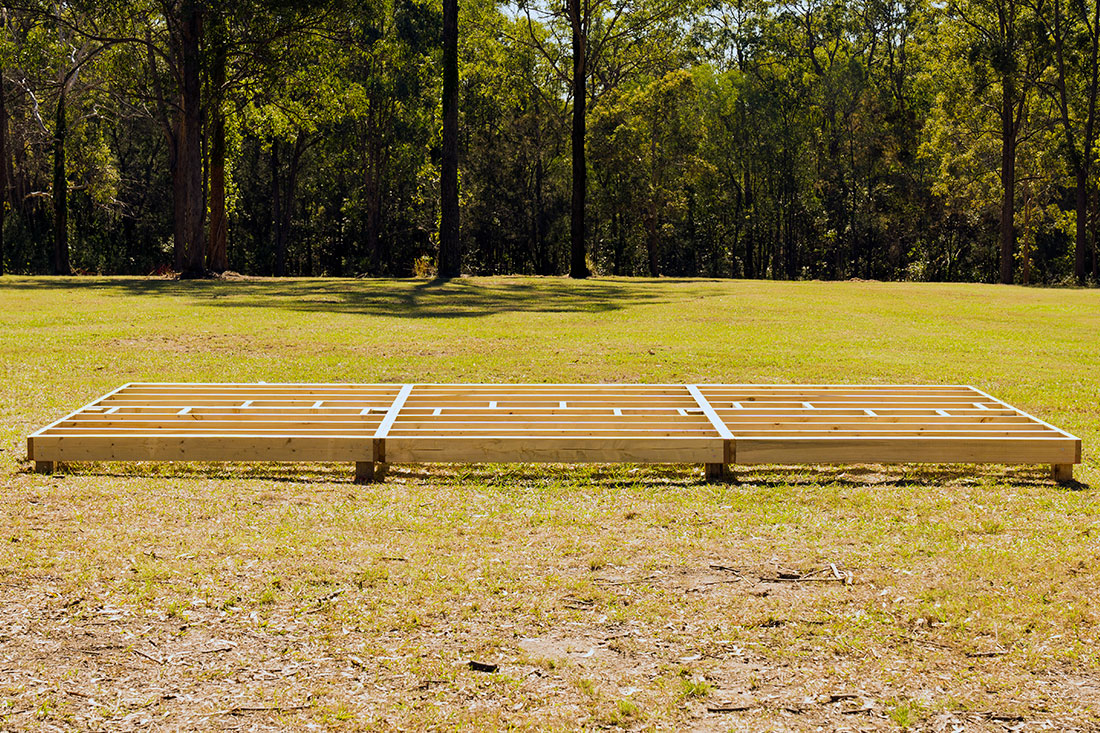
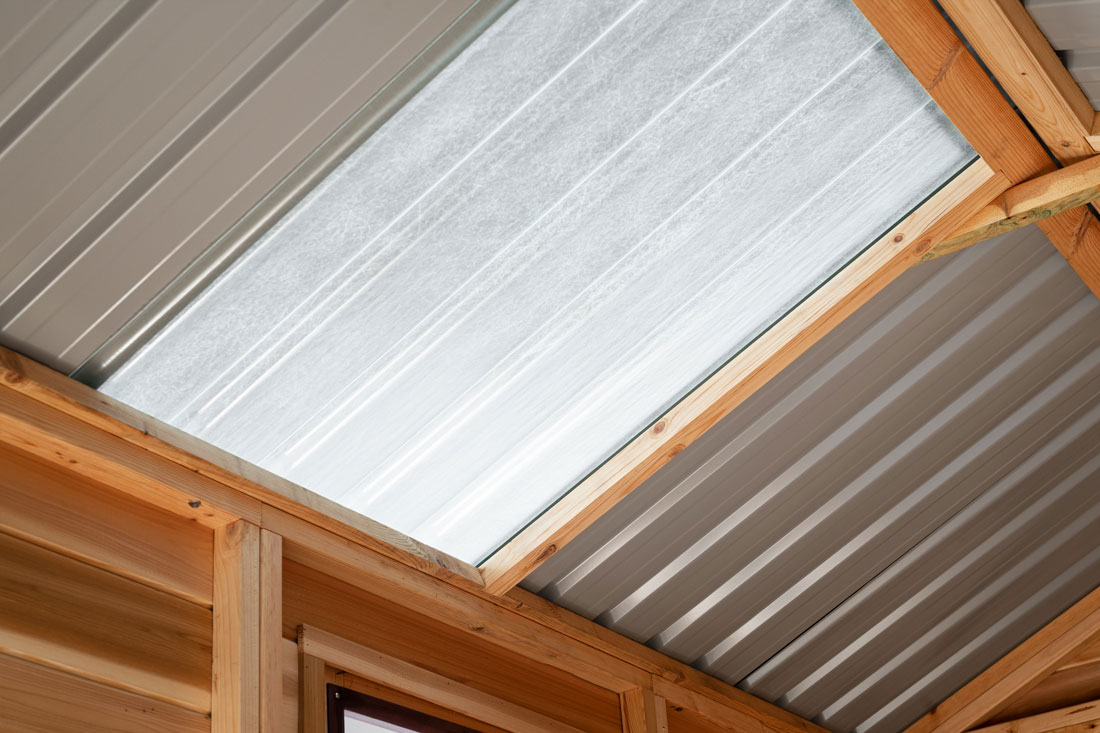
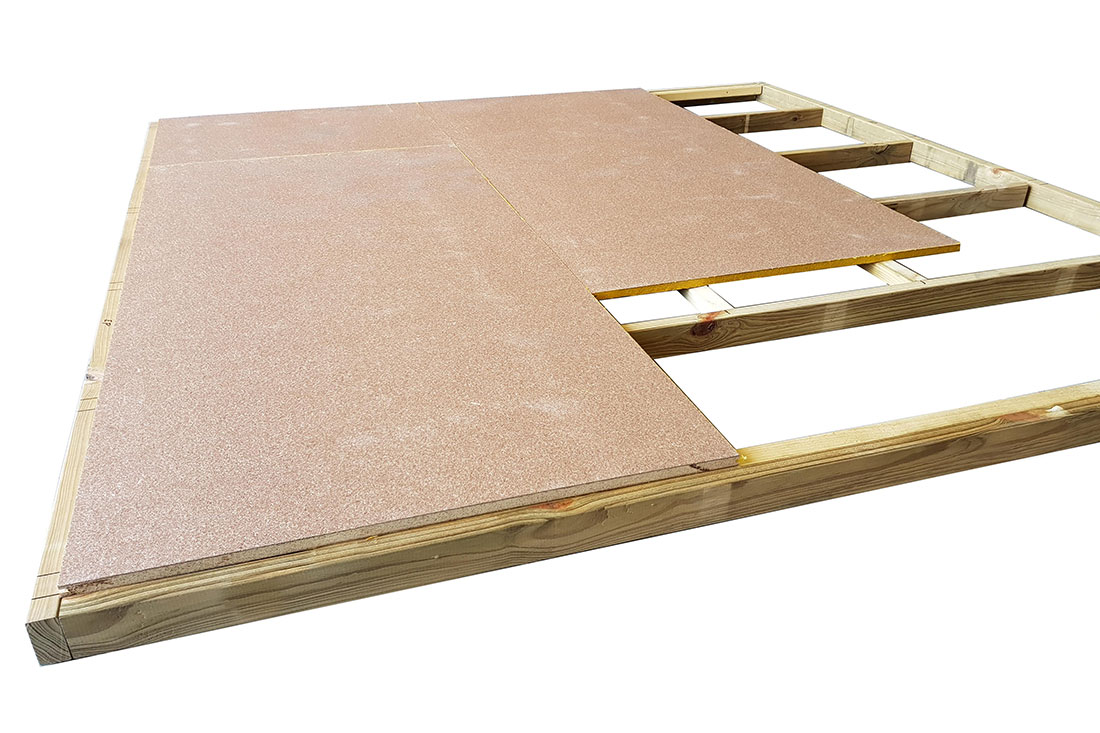
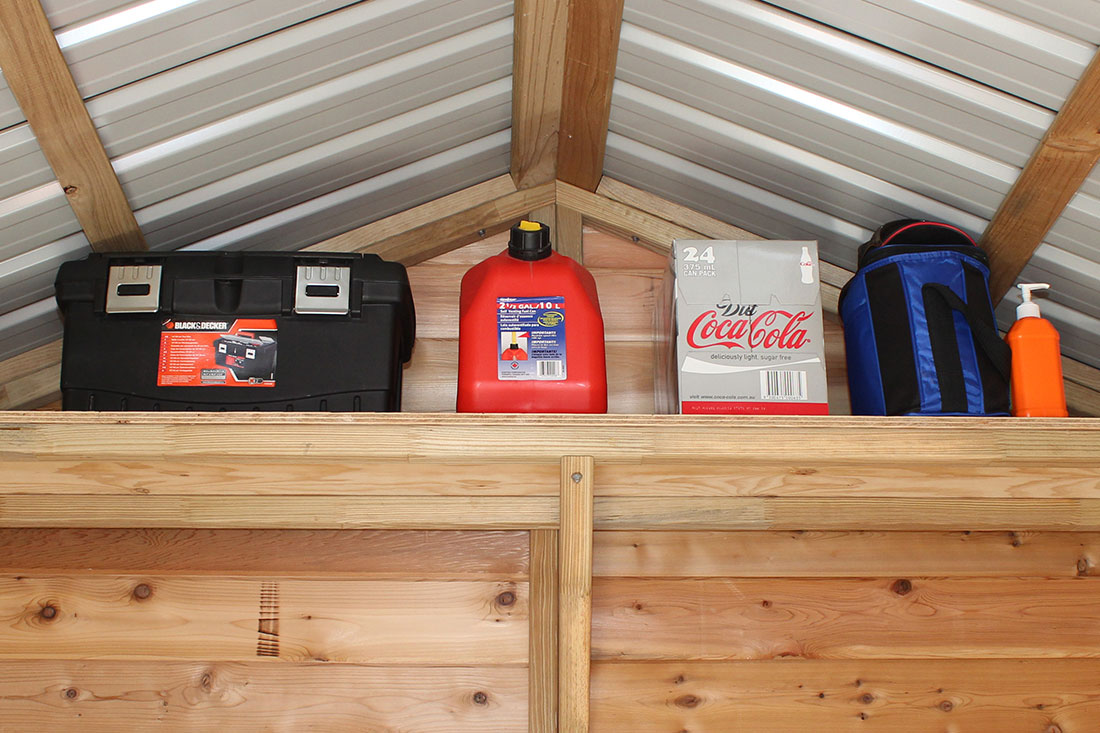
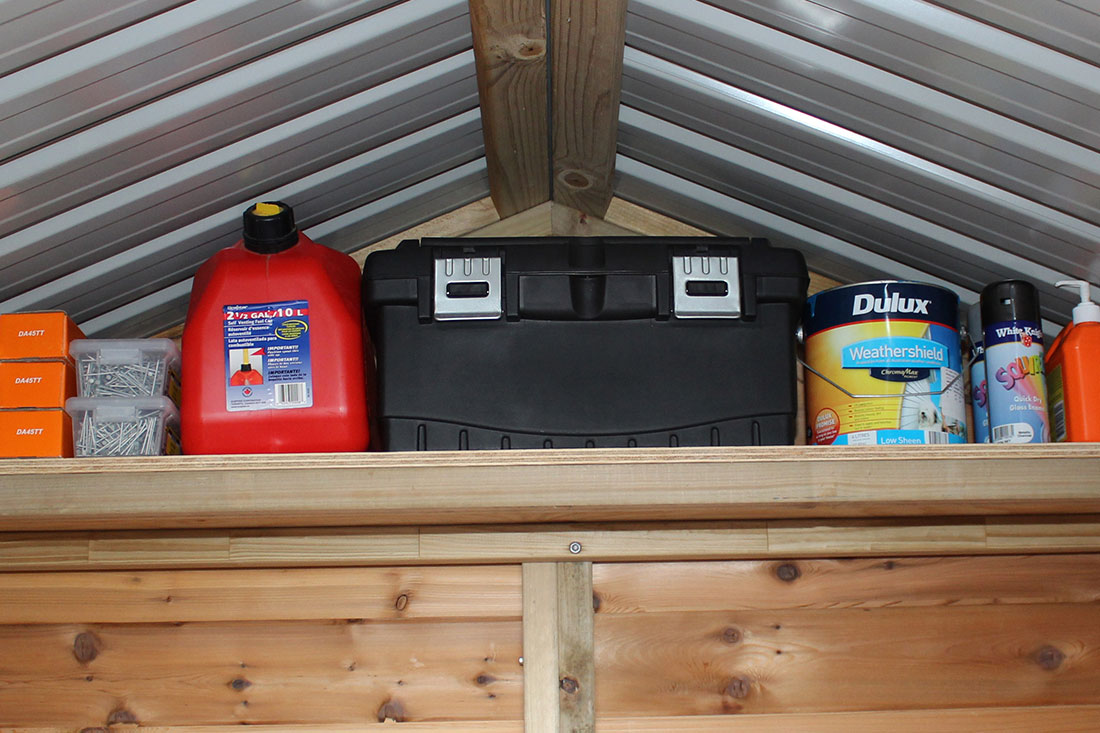
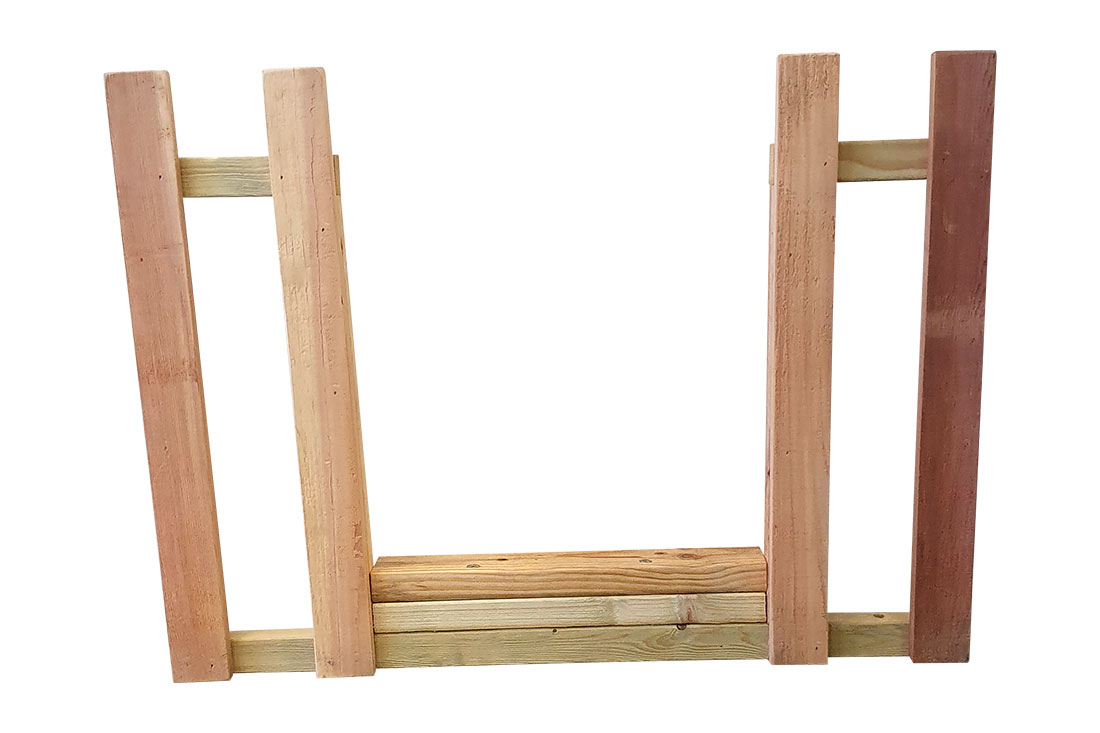 Includes an adjusted railing & ground pegs to make provision for a slide to be attached to the Hideout Tower.
Includes an adjusted railing & ground pegs to make provision for a slide to be attached to the Hideout Tower.